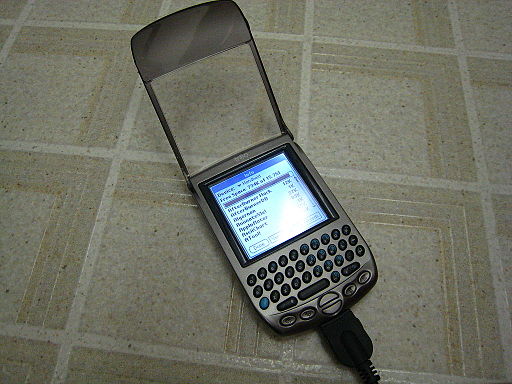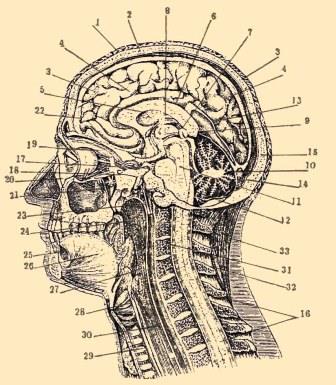Have you ever secured something with a lock? The intent is that at some point in the future, you'll use the requisite key to regain access to it. Of course, the underlying assumption is that you actually have the key. How do you open a lock once you've lost the key? That's when you need to get creative. Lock picks. Bolt cutters. Blow torch. GAU-8...
In 2004, Ben S. went on a solo bicycle tour, and for reasons of weight, his only computer was a Handspring Visor Deluxe PDA running Palm OS. He had an external, folding keyboard that he would use to type his notes from each day of the trip. To keep these notes organized by day, he stored them in the Datebook (calendar) app as all-day events. The PDA would sync with a desktop computer using a Handspring-branded fork of the Palm Desktop software. The whole Datebook could then be exported as a text file from there. As such, Ben figured his notes were safe. After the trip ended, he bought a Windows PC that he had until 2010, but he never quite got around to exporting the text file. After he switched to using a Mac, he copied the files to the Mac and gave away the PC.

Ten years later, he decided to go through all of the old notes, but he couldn't open the files!
Uh oh.
The Handspring company had gone out of business, and the software wouldn't run on the Mac. His parents had the Palm-branded version of the software on one of their older Macs, but Handspring used a different data file format that the Palm software couldn't open. His in-laws had an old Windows PC, and he was able to install the Handspring software, but it wouldn't even open without a physical device to sync with, so the file just couldn't be opened. Ben reluctantly gave up on ever accessing the notes again.
Have you ever looked at something and then turned your head sideways, only to see it in a whole new light?
One day, Ben was going through some old clutter and found a backup DVD-R he had made of the Windows PC before he had wiped its hard disk. He found the datebook.dat file and opened it in SublimeText. There he saw rows and rows of hexadecimal code arranged into tidy columns. However, in this case, the columns between the codes were not just on-screen formatting for readability, they were actual space characters! It was not a data file after all, it was a text file.
The Handspring data file format was a text file containing hexadecimal code with spaces in it! He copied and pasted the entire file into an online hex-to-text converter (which ignored the spaces and line breaks), and voilà , Ben had his notes back!

